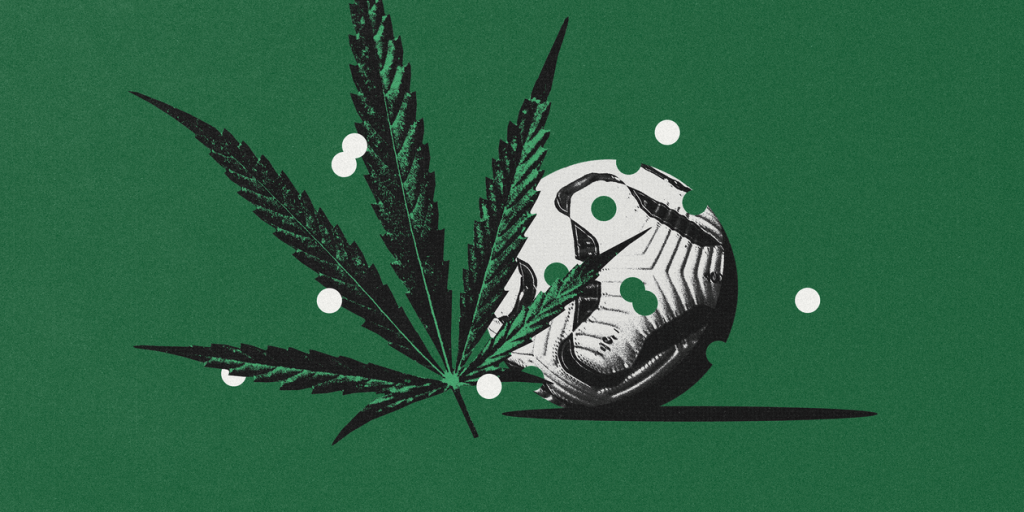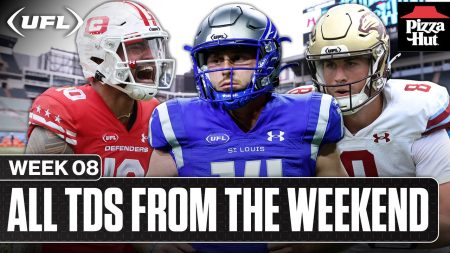Hannah Deacon, a cannabidiol (CBD) expert, was approached a few years ago by a football agent seeking advice on starting a CBD-selling company. According to Deacon, the group lacked passion and understanding about the drug, which is extracted from cannabis and can help manage stress and anxiety. Many former UK footballers are now endorsing CBD, maintaining that it has significantly improved their lives. However, active players have been hesitant to discuss personal uses of the extract. It was removed from the banned substance list by the World Anti-Doping Agency and United Kingdom Anti-Doping in 2018, but there’s still stigma attached to its connection to cannabis.
CBD, an active ingredient in cannabis, often helps to treat minor pain or anxiety and is commercially sold in various forms including pills, oil, gummies, creams, and vapes. Supporters of CBD include former Liverpool and Republic of Ireland striker, John Aldridge, who credits the extract for improving his sleep and relieving pain from carpal tunnel syndrome and back inflammation. Despite criticism and suspicion due to its cannabis roots, Aldridge insists that CBD has not caused him any harm and has made him feel overall better.
A University of Bath study, however, found there was “no evidence” showing CBD reduced chronic pain and deemed it a “waste of money and potentially harmful to health”. Hannah Deacon, whose son found seizure relief from cannabis-prescriptions, distinguishes between anecdotal evidence of mild pain relief from CBD use and chronic pain management requiring controlled use of THC. According to Deacon, CBD can have a positive impact on people’s lives by reducing stress and anxiety. She warns that CBD controversy in football stems from issues like potential risks, quality control, and labelling accuracy.
The CBD industry is expanding with the UK’s CBD market more than doubling over two years, reaching £690m ($923m). CBD became mainstream in 2018 when the US Farm Bill, which removed hemp from the list of controlled substances, passed. In 2020, former professional boxer, Anthony Fowler, launched Supreme CBD which now boasts 120,000 potential customers. Fowler claims his product’s success due to competitive pricing, the strength of the strain, and lack of side effects. Former footballers, including Le Tissier and Hartson, promote the product despite the UK Advertising Standards Authority’s breach claim.
Medical professionals are concerned about CBD due to challenges with regulation and some high-profile TV advocates promoting other controversial causes. Critics warn that CBD might be seen as an alternative to traditional, research-based medical treatments rather than a complementary element. They point out potential disadvantages such as regulations not keeping up with the rapidly-evolving market and companies selling products with little to no actual CBD. The UK’s Food Standards Agency (FSA) tried to control the industry in 2023 by capping the daily intake of CBD at 10mg for adults.
Despite regulation concerns, CBD promoters argue greater education on the benefits of CBD could encourage more people to try it. If a current football player becomes an advocate, it could signify the interest in CBD has not yet peaked. However, others worry people may rely on CBD as the main treatment, ignoring more effective solutions. They also warn that lack of regulation might let companies mislabel the actual CBD content in their products.















